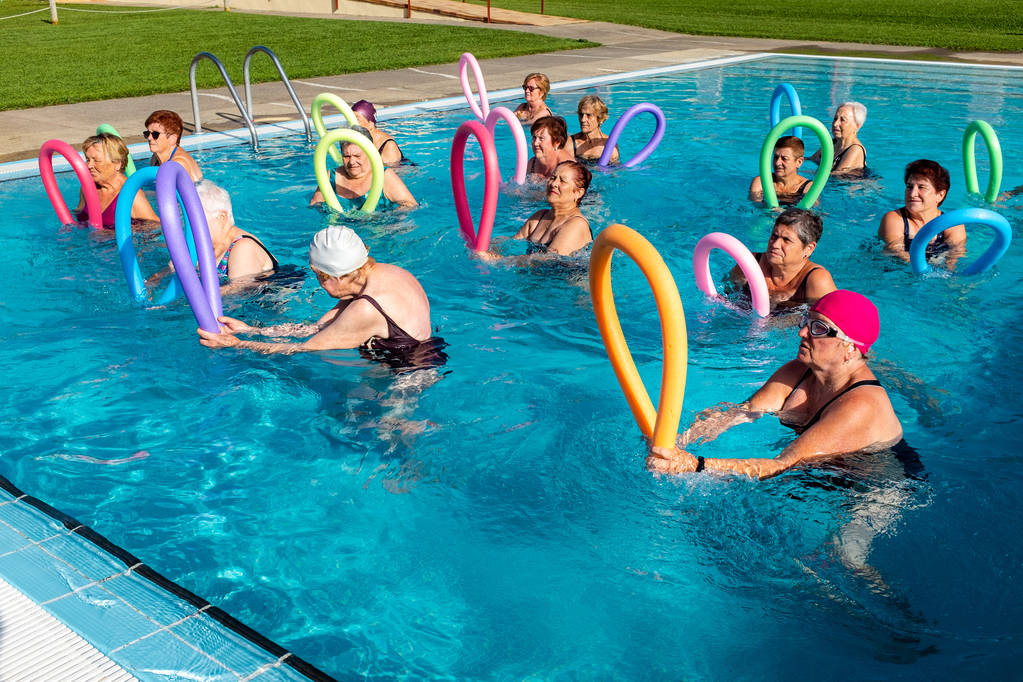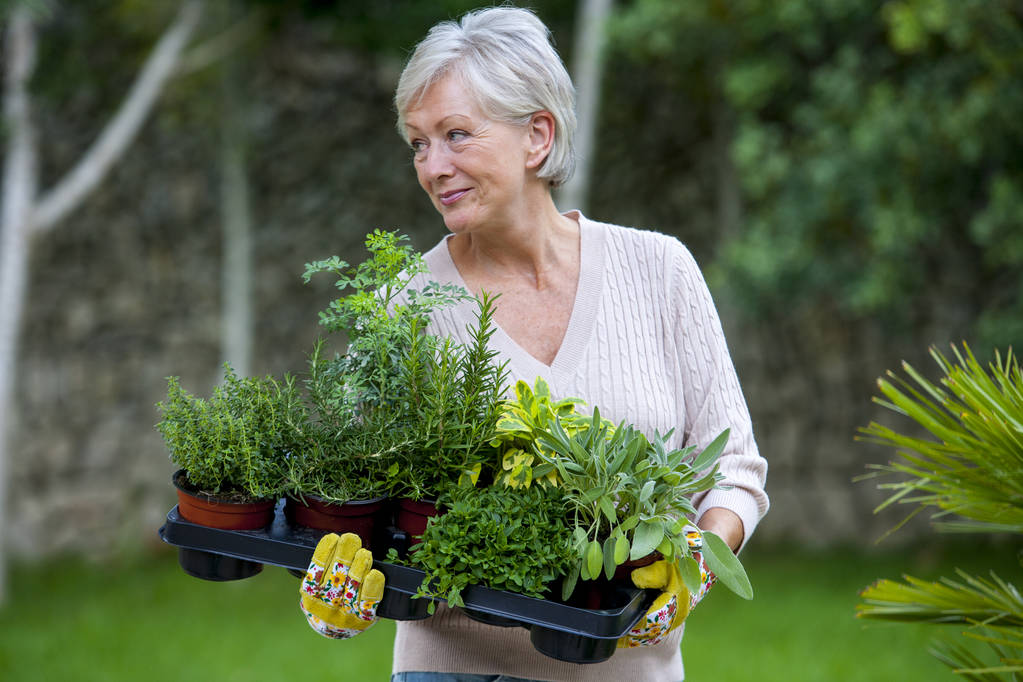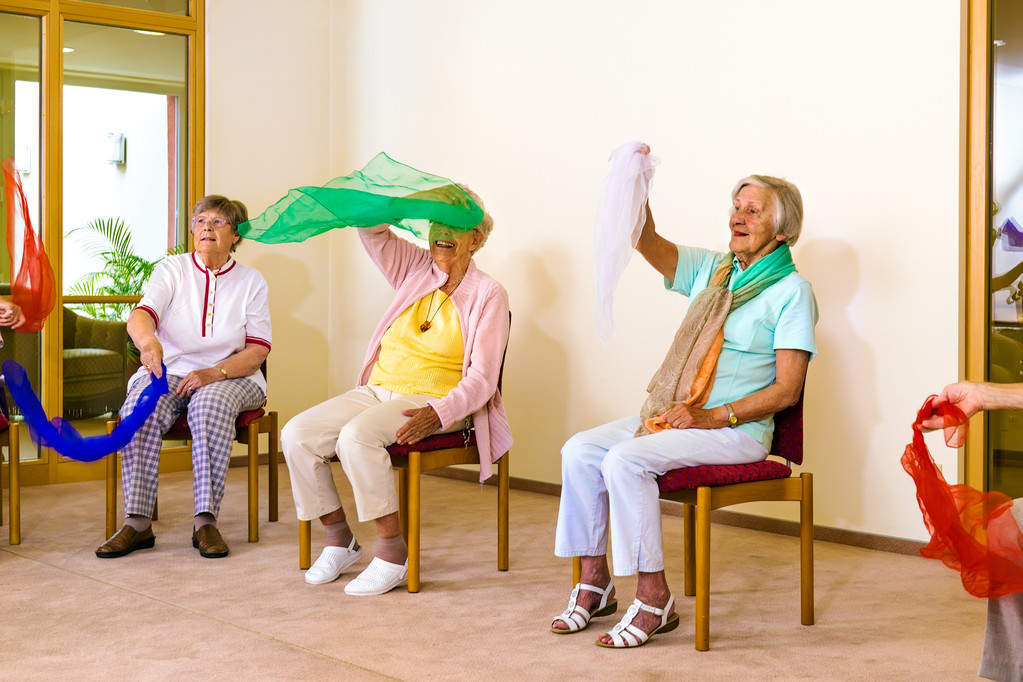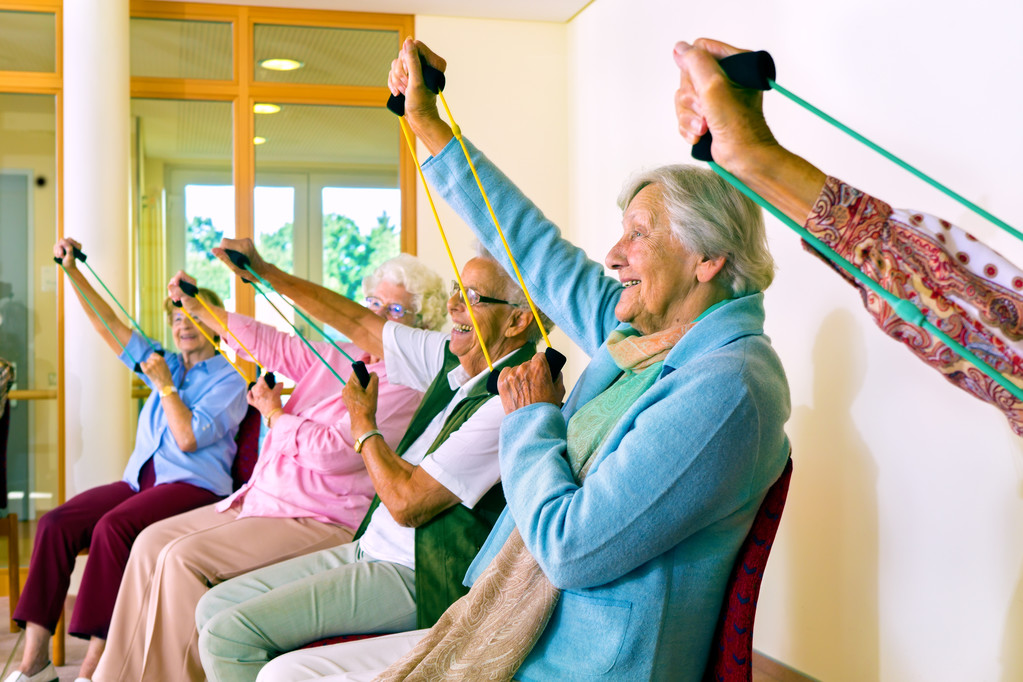Activities for seniors in aged care facilities are designed to improve the quality of life for residents, promote physical and mental well-being, and encourage social interaction. These activities are often tailored to the abilities and interests of the residents, and can include
Arts and crafts:
Artistic pursuits can be a great way for seniors to express themselves and improve their hand-eye coordination. Art classes can be tailored to different ability levels, and residents can work on individual projects or collaborate on group projects. Popular activities include painting, drawing, knitting, and crocheting.
Music and dance:
Music and dance can be great for improving mood and mobility. Hosting concerts or dance parties can provide a fun and engaging social experience, and music therapy sessions can be beneficial for seniors with memory or cognitive impairments.


Exercise and movement:
Physical activity is important for maintaining health and mobility, but it’s important to ensure that activities are safe and appropriate for each resident’s ability level. Chair exercises, tai chi, and yoga are low-impact activities that can be adapted for seniors with limited mobility.
Games and puzzles:
Games and puzzles can provide cognitive stimulation and social engagement. Popular activities include bingo, card games, chess, and crossword puzzles. Some facilities may also have game rooms or libraries stocked with board games and puzzles.
Cooking and baking:
Many seniors enjoy cooking and baking, and these activities can provide a sense of purpose and accomplishment. Cooking classes or demonstrations can be a fun way to learn new recipes and techniques, and residents can participate in baking competitions or share their favourite recipes with each other.

Gardening:
Gardening can be a therapeutic and engaging activity for seniors who enjoy spending time outdoors. Raised garden beds or container gardens can be used to make gardening more accessible for seniors with mobility issues, and gardening classes can teach residents about plant care and landscaping.
Educational classes:
Continuing education can be a great way for seniors to stay intellectually engaged and learn new things. Classes on topics like history, literature, or current events can be taught by staff or outside experts, and residents can also participate in book clubs or discussion groups.
Pet therapy:
Spending time with animals can have a positive impact on mental and physical health. Some facilities partner with local animal therapy programs to bring in therapy animals for residents to interact with, and some residents may also have pets of their own that they care for.
Social events:
Social events like parties, happy hours, or movie nights can provide a fun and engaging way for residents to interact with each other and build community. Facilities may also organise outings to local attractions like museums, parks, or theatres.


Volunteer opportunities:
Volunteering can provide a sense of purpose and fulfilment for seniors who are able to participate. Facilities can partner with local organisations like food banks or shelters to provide volunteer opportunities for residents, and some facilities may also have on-site volunteer programs.
